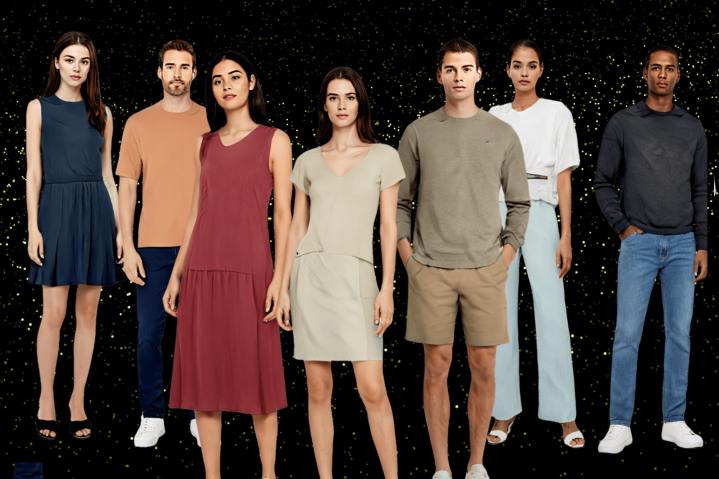The Ethics of AI-Generated Photos
AI-generated photos, also known as synthetic photos, have been making headlines in recent years. These images are created entirely by machines using artificial intelligence algorithms, without any human intervention. While this technology has many potential applications, including in fields such as advertising, design, and entertainment, it has also sparked a debate over its ethical implications.
On the one hand, proponents of AI-generated photos argue that they offer numerous benefits over traditional photos. For one, they can be created much more quickly and cost-effectively than traditional photos. They can also be easily customized to fit specific needs and preferences. Additionally, AI-generated photos can be used to create images of people who don't exist in real life, which can be useful in fields such as advertising where models may not be available or affordable.
Example:
Another argument in favor of AI-generated photos is that they can help to reduce bias and increase diversity in visual media. Traditional photography has long been criticized for its lack of diversity, with many images featuring primarily white, thin, and conventionally attractive models. AI-generated photos, on the other hand, can be programmed to create images of people of different races, genders, body types, and ages. This can help to create a more inclusive visual media landscape.
Despite these potential benefits, there are also concerns about the use of AI-generated photos. One of the main concerns is the potential for these images to be used to create fake identities or deceive people. For example, AI-generated photos could be used to create fake social media profiles, which could then be used for fraudulent purposes. Additionally, AI-generated photos could be used to create fake news stories, which could be spread online to manipulate public opinion.
Example:
AI Generated
Another concern is the impact that AI-generated photos could have on the job market. As AI technology advances, it is possible that machines will be able to create images that are indistinguishable from those created by human photographers. This could lead to a decrease in demand for traditional photographers, potentially leading to job losses in the industry.
Finally, there are concerns about the potential for AI-generated photos to perpetuate existing biases and stereotypes. While it is true that AI-generated photos can be programmed to create images of diverse people, the algorithms used to create these images are only as unbiased as the data they are trained on. If the data used to train the algorithms is biased or limited in some way, then the resulting images may also be biased or limited.
So, what is the verdict on AI-generated photos? As with most new technologies, there are both potential benefits and risks. While AI-generated photos can be useful in many contexts, it is important to consider the ethical implications of their use. As with any technology, it is essential to approach AI-generated photos with caution, and to carefully consider their potential impact on society before fully embracing them.
In conclusion, AI-generated photos are a fascinating new technology with numerous potential applications. However, it is important to consider the ethical implications of their use, including the potential for fake identities, job losses, and perpetuation of biases and stereotypes. As AI technology continues to advance, it will be essential for society to grapple with these issues and work to ensure that this technology is used in a responsible and ethical manner.
AI Generated Photos







0 Comments